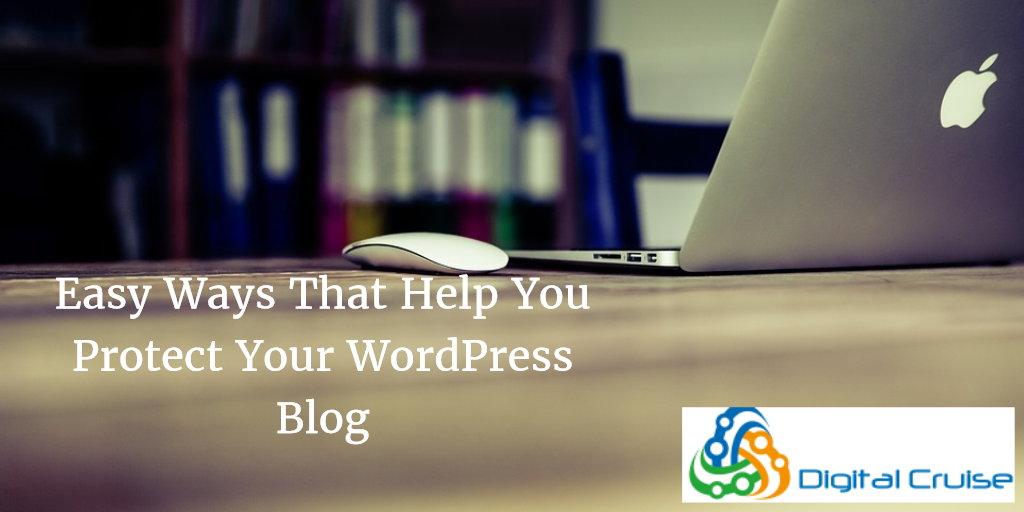Ive moved my blog, Computer How To Guide from Blogger to WordPress by myself a few months ago and it was a great learning experience. WordPress is no doubt a great blogging platform and I certainly have no regrets on making the move. As many blog owners know (and some of them may have learned the hard way), there are many potential security problems with any blog or website. This is also true with regard to WordPress blogs. In this article, you will learn some easy and simple to apply ways that help you protect your WordPress blog. Implementing them on your blog is a significant step towards making it secure.

Use a Secure Password
Ideally, the password should be at least eight characters long and it should contain at least one special character, number, and a capitalized letter.
Change the Password Periodically
Even if you have a good password, changing it every now and then would give your site more security.
Upgrade WordPress and the Plugins
Run WordPress upgrades as soon as they are available. The upgraded version may fix some security problems that exist in previous versions. People who are trying to hack WordPress sites are often looking for victims among sites that are using an outdated version.
Do Not Let People Browse Your Sites Plugin Directory
One should be careful with allowing people to see the full contents of any directory, but in particular, the plugin directory contents should not be left visible. To fix this, you may add an empty index.html page to the directory wp-content/plugins/ or make changes to the .htaccess file.
Make the wp-admin Directory Secure
You may use plugins such as AskApache Password Protect and Login LockDown to add more protection here. You could also allow only certain IP addresses to use the wp-admin directory with .htaccess, but this solution has its problems. If you have a dynamic IP address on your computer or if you need to access your site from many locations, the system may restrict your access.
Be Careful With Excessive Use of Plugins
There are many useful WordPress plugins, but since these come from various sources and are not necessarily well tested regarding security issues, they do tend to raise the risk level. Minimally, it would be a good idea to spend some time searching the web for reviews and user comments regarding each plugin that you decide to use on your WordPress site.
Use Security Plugins
Despite what was just said about plugin use in general, it is also possible to enhance security with the use of certain plugins. In addition to the ones already noted above, BulletProof Security, WebsiteDefender WordPress Security and WP Security Scan are some plugins that could be mentioned in the context of various ways that help you protect your WordPress site.
This is an overview of things you can do to make your WordPress site more secure, it isn’t meant to be all-inclusive. Do share your thoughts on ways to help protecting your WordPress site in the comments. Happy and safe blogging to all!
